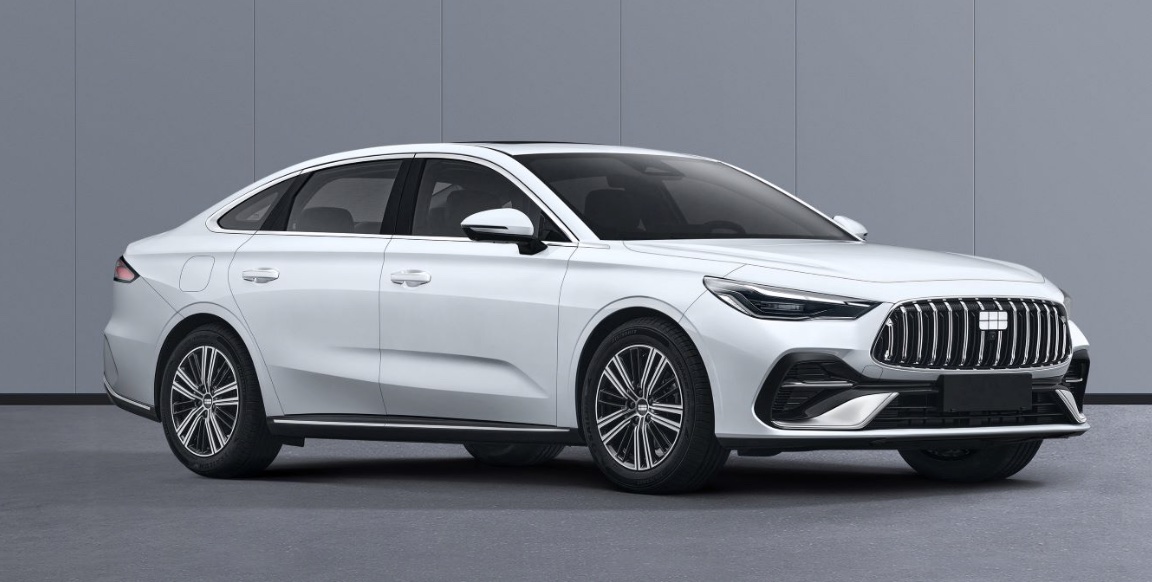Germany signed the “Joint Intention Statement on Cooperation in the Field of Autonomous Connected Driving”, and hopes that this move will allow automotive manufacturers to transfer data within China back to Germany, which has always been a controversial topic for foreign companies in China.
The statement said that the two countries will work together to develop a set of common standards and rules to manage the data generated by companies in the process of developing autonomous driving technology.
At the time of the statement’s release, the EU and the US have growing concerns about the security risks that could be brought about by Chinese technology entering their markets and collecting data locally. Washington has launched an investigation in February this year on the potential national security risks posed by Chinese auto imports.
However, European business leaders, including the head of Volkswagen in China, are dissatisfied with China’s restriction on transferring data back to Europe, because China’s restrictions on data transmission are far greater than Europe’s restrictions on enterprises to transfer data to China.
China has tightened the supervision of domestic data management, and most industries must apply for permission before transferring data abroad.
Last year, the Chinese government tightened the data rules in the automotive industry, suggesting to ban Chinese smart cars from directly transferring data abroad, forcing car companies to turn to use domestic cloud services.
However, due to complaints from enterprises that the regulations lack clarity and may cause serious burdens and disruptions to their businesses, the attitude of Chinese regulatory authorities has begun to soften.
In the statement, Germany said that the statement will provide space for further discussion of this issue, and emphasized that no consensus has been reached, and called for bringing tangible improvements to German and EU enterprises in this field.



